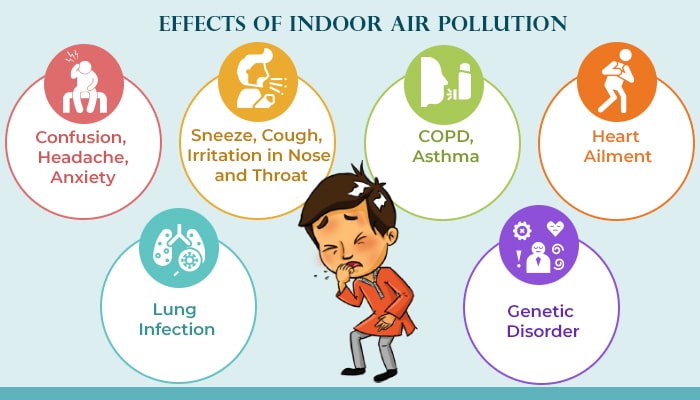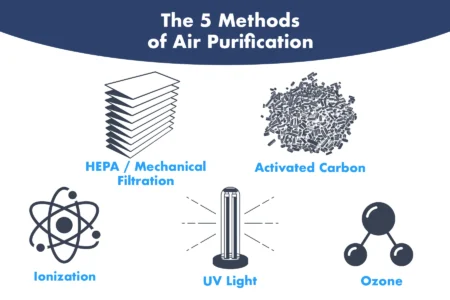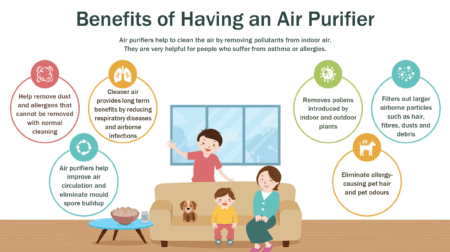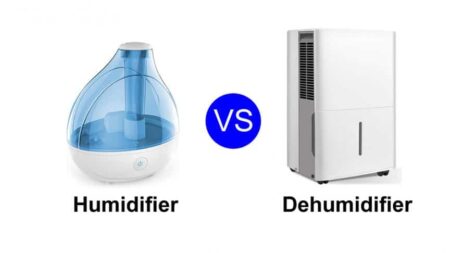

The Impact of Indoor Air Pollution on Your Health
Discover the detrimental effects of indoor air pollution on your health. Learn about the sources, risks, and preventive measures to safeguard your well-being. So, read on to understand the importance of clean indoor air and its positive impact on your overall health.
Introduction:
Indoor air dust is a pressing concern that directly affects our health and well-being. With most of us spending the majority of our time indoors, it is crucial to understand the impact of poor indoor air quality on our overall health. Furthermore, In this article, we will delve into the sources and risks of indoor air pollution, as well as explore preventive measures to ensure clean indoor air.
Sources of Indoor Air Pollution:
Indoor air dust can arise from various sources within our homes, offices, and other enclosed spaces. Common culprits include:
- Volatile Organic Compounds (VOCs) emitted by cleaning products, paints, and furniture.
- Combustion byproducts from gas stoves, fireplaces, and tobacco smoke.
- Biological contaminants such as mold, dust mites, and pet dander.
- Particulate matter from dust, pollen, and outdoor pollutants entering indoor spaces.
Understanding these sources is crucial to identifying potential risks and taking appropriate measures to improve indoor air quality.
Health Effects of Indoor Air Pollution:
Exposure to indoor air pollutants can lead to a wide range of health issues. Such as, Respiratory problems, including asthma, allergies, and chronic obstructive pulmonary disease (COPD), are common among individuals living in polluted environments. Moreover, long-term exposure to indoor air pollution has been linked to cardiovascular diseases and an increased risk of respiratory infections.
Common Indoor Pollutants and Their Effects:
a. Volatile Organic Compounds (VOCs): VOCs released by household products can cause eye, nose, and throat irritation, headaches, and even long-term health effects, such as organ damage and cancer.
b. Particulate Matter: Fine particles suspended in the air can penetrate deep into the lungs, triggering or exacerbating respiratory conditions and causing cardiovascular problems.
c. Biological Contaminants: Mold, pollen, dust mites, and pet dander can provoke allergic reactions, respiratory distress, and worsen asthma symptoms.
Preventive Measures for Clean Indoor Air:
Ensuring clean indoor air is vital for safeguarding our health. Here are some effective preventive measures:
a. Proper Ventilation: Adequate ventilation helps remove indoor pollutants and allows fresh outdoor air to circulate. Open windows, use exhaust fans, or consider installing a whole-house ventilation system.
b. Regular Cleaning and Maintenance: Keep your living spaces clean and free from dust, mold, and other contaminants. Regularly change air filters in HVAC systems and clean air vents.
c. Avoid Smoking Indoors: Tobacco smoke contains numerous harmful chemicals. Additionally avoid smoking indoors to prevent the release of toxic particles and gases into the air.
d. Use Natural and Non-Toxic Products: Opt for natural cleaning products, paints, and furnishings that emit fewer VOCs and reduce indoor air pollution.
Conclusion:
Understanding the impact of indoor air pollution on our health is crucial for taking proactive measures to ensure clean indoor air. By identifying the sources of indoor air pollution, being aware of its health effects, and implementing preventive measures, we can create a healthier living environment for ourselves and our loved ones. eventually, clean indoor air is an investment in our long-term well-being and a step toward a healthier future.
Remember, clean air means better health!










